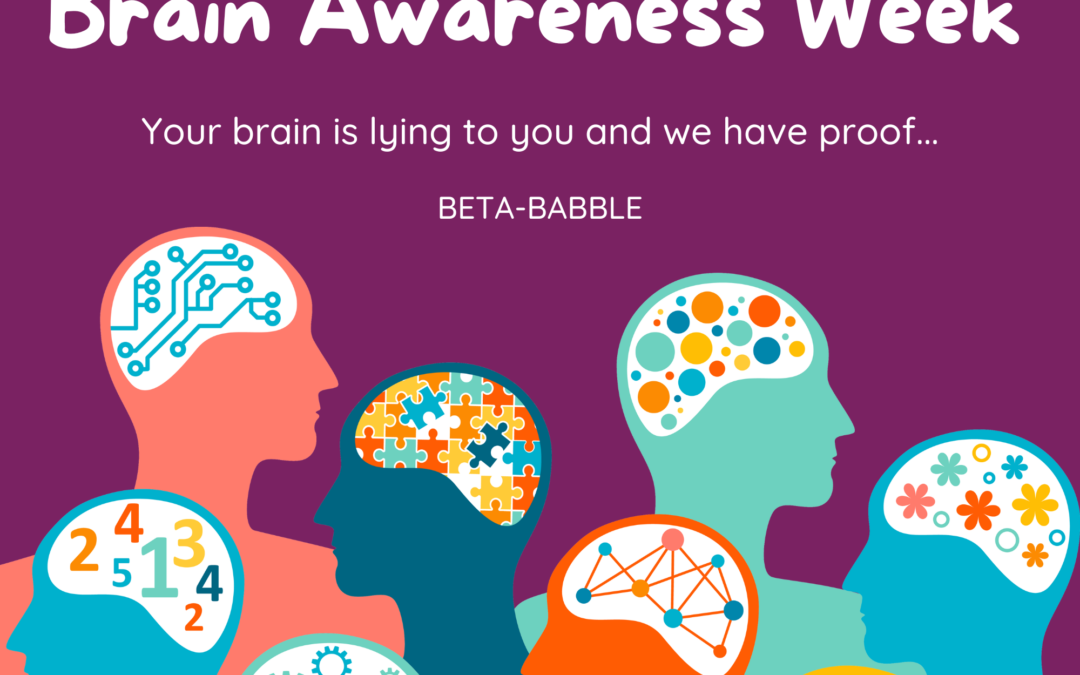By Julia Bonanno
Can You Trust Your own Perception?
Have you ever looked at something, completely sure of what you saw, only to find out you were wrong?
I never truly questioned how much I could trust my own mind—until I visited the Museum of Illusions in Manchester. I saw rooms shift in size even though I knew they weren’t moving. I watched static images appear to swirl, and experienced mirror tricks that made me question where my body actually was. Everything I thought was real turned out to be a deception.
But why? The answer lies in how our brains process sensory information. Our minds don’t just see—they interpret. And sometimes, they get it completely wrong.
The Science of Illusions: Why Your Brain Gets Tricked
Illusions work because perception isn’t just about raw data from our senses—it’s about how our brain processes that data (Gregory, 1997). Perception is an active process, where our brain combines:
• Bottom-up processing – sensory input from our environment.
• Top-down processing – prior knowledge and expectations.
This is why optical illusions can trick us. Take the Müller-Lyer illusion: two identical lines appear different in length because our brains interpret them as 3D objects, misjudging their actual size (PMC, 2024).
Cognitive Illusions & Misapplied Knowledge
Some illusions happen because our brains apply incorrect assumptions to what we see. For example, the hollow mask illusion tricks us into seeing a concave (hollow) face as convex because our brains expect faces to always be outward-facing (Gregory, 1997). In other words, our past experiences override reality. Still think you can trust your brain?
The Stroop Effect: A Battle in Your Brain
Ever tried to say the colour of a word, even when the text spells out a different colour? (Example: YELLOW). It’s harder than it seems.
The Stroop Effect reveals cognitive interference—where automatic reading conflicts with controlled colour-naming. Your brain struggles to override one process with another (Frontiers in Human Neuroscience, 2014). This shows the limits of attention and processing speed, which we’ll put to the test during Cognitive Week.
Illusions in Everyday Life: More Than Just Tricks
These mind-bending effects aren’t just for fun—they reveal how we perceive reality, make decisions, and even form memories.
👀 Selective Attention & The Invisible Gorilla – If you’re too focused on one thing, you might miss something obvious—like a person in a gorilla suit walking through a basketball game (Vox, 2023).
🎨 The Aesthetic-Aha Effect – Recognizing patterns in illusions triggers a reward response in the brain, enhancing cognitive energy and problem-solving (Frontiers in Human Neuroscience, 2014).
🍽️ The Ebbinghaus Illusion & Food Perception – Ever noticed how a small plate makes food portions look bigger? That’s the Ebbinghaus illusion, where context alters size perception—a trick used in advertising and restaurant design (Labvanced, 2022).
Test Your Mind at Cognitive Week
Think you can outsmart your own brain? Let’s see.
✅ The Stroop Test – Think reading is effortless? Try naming the color of a word while your brain fights against itself! This classic test exposes how automatic processes can interfere with our attention and reaction time.
✅ True or False Vox Pop Challenge – Did you know your memory can betray you? Or that confidence doesn’t always equal accuracy? We’ll be quizzing students with tricky cognitive psychology statements—can you separate fact from fiction?
Just like illusions trick the eye, cognitive biases trick the mind—making us overconfident, forgetful, and sometimes completely wrong without realizing it.
Are You Ready to Challenge Your Mind?
Visiting the Museum of Illusions made me question how much I can truly trust my own senses.
Think your brain is as sharp as you believe? Think again. Cognitive Week is your chance to challenge what you see, rethink what you know, and catch your brain in the act of fooling you. Join us for mind-bending activities, tricky illusions, and psychological experiments that will make you question reality itself.
Who knows? By the end of it, you might just outsmart your own mind—or realize it’s been outsmarting you all along.

